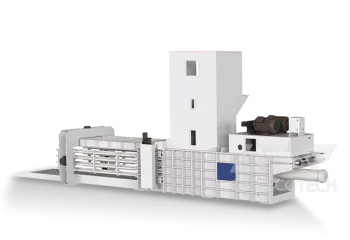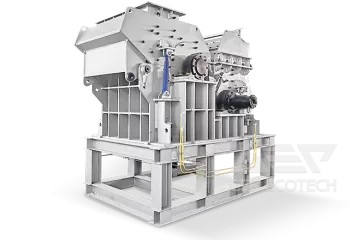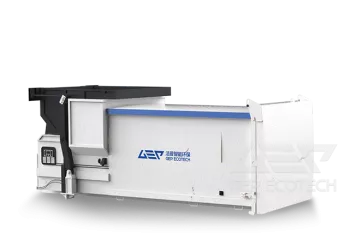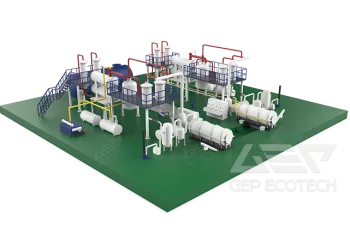Waste-to-energy (WtE) plants are designed to efficiently handle, sort, and process different types of waste materials to convert them into energy. Different types of waste disposal equipment are needed for various stages from waste to energy. Here are some of the most common waste disposal equipment used in WtE plants:
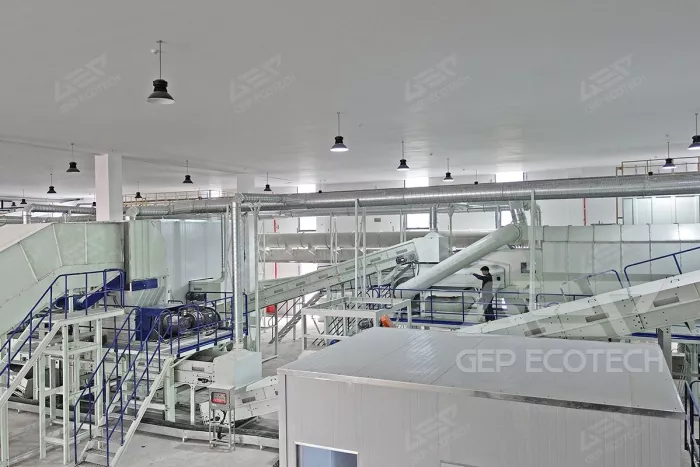
Waste-to-energy (WtE) plant
Waste conveyors: Conveyors are systems for transporting waste from the bunkers to material pre-treatment areas. The conveyor systems can be designed to carry heavy or light materials such as waste bags, glass bottles, cans, or organic waste.
Shredders: Shredders are used to break down and reduce the size of waste. This process is necessary for increased efficiency in the subsequent processes.
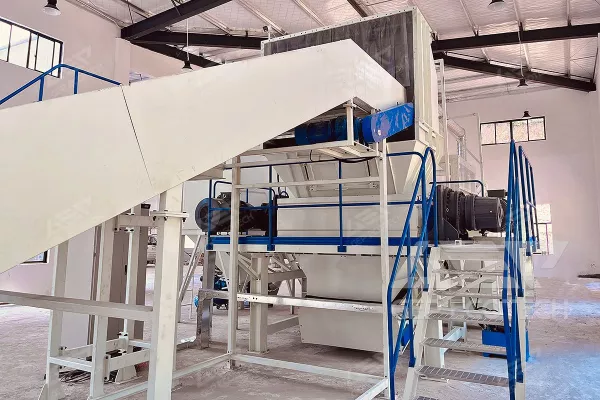
Waste dryers: Solid waste can contain a high moisture content, which reduces the heating value and energy of the waste. Drying systems such as rotary dryers or fluidized bed dryers are used to reduce the water content of waste, making it more suitable for combustion.
Recyclable waste separators: The waste processed in a WtE plant can include recyclable materials such as metal, plastic, and glass. Separators are used to extract these materials for further recycling.
Waste disposal equipment is vital to the WtE process. It ensures that the waste is efficiently processed, and these systems help to reduce pollution and environmental impacts. Regular maintenance and effective use of the equipment by well-trained staff are important to the smooth operation of a WtE plant.


